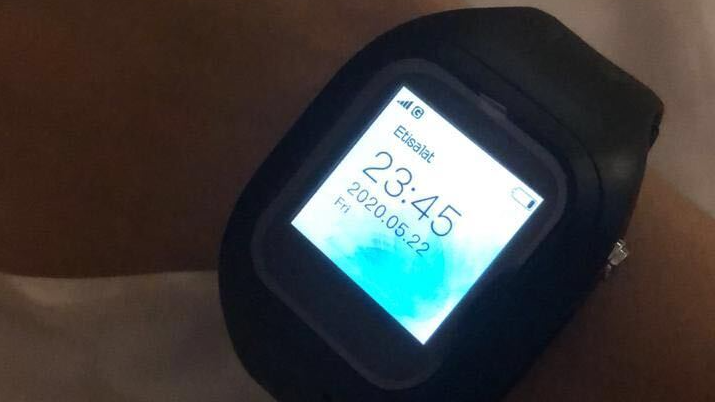Around the globe, tracking technologies are being deployed to aid the fight against Covid-19 and its spread. In the United Arab Emirates (UAE) smart wristbands are monitoring patients who have tested positive for Covid-19. And, officials working with Etihad Airways are issuing bands to new arrivals in Abu Dhabi in order to ensure quarantine rules are met. In Singapore, contract tracing tokens are being issued to residents without smartphones.
Making sure Covid-19 positive individuals with mild or zero symptoms isolate themselves and ensuring that travellers follow quarantine rules are two essential measures being used to help limit the spread of Covid-19. No government in the world has human resources large enough to physically monitor patients and travellers and individuals are entrusted to do the right thing. For new Covid-19 cases, the process of contact tracing to identify other potentially exposed individuals is also key.
GPS tracking technologies are a relatively cheap and certainly labour un-intensive answer to keeping a closer eye on patients and travellers and to quickly tracking a newly diagnosed Covid-19 case’s contacts.
Smart wristbands appear popular in the UAE. Health authorities there are issuing bands to patients with mild or zero symptoms but who have tested positive and must self-quarantine at home. Patients cannot remove these tracking wristbands, only a medic once the patient has recovered, and they are monitored electronically through the tracker and the department of Health’s Stay Home app to ensure they comply with isolation rules. There is a fine for those who tamper with the bands or refuse to install the Stay Home application.
A representative of the Department of Health Abu Dhabi is quoting as saying:
“Tracing or monitoring bracelets are smart watches that serve as a tool to allow those who have been tested positive to self-isolate in the safety of their home and more importantly those who meet Department of Health and Abu Dhabi Public Health Centre Home Isolation Programme standards and regulations.”
Etihad Airways announced this past week that passengers arriving on its flights into Abu Dhabi would be issued electronic wristbands to make sure they adhere to strict quarantine rules in the country. Officials will distribute the bands before travellers leave Abu Dhabi airport and they must be worn for the entire 14-day quarantine.
Singapore introduced similar Bluetooth and GPS tracking technology for arriving travellers in mid-August. Individuals are required to activate the monitoring devices when they arrive at their quarantine location and to respond to messages and notifications sent by the country’s government. Alerts are issued to officials if the monitors leave a quarantine location or are tampered with.
Early in September Singapore also began issuing Bluetooth tokens which can be worn on a lanyard or otherwise carried and which work in a similar way to Singapore’s contact tracing application introduced back in March. The tokens may work for older generations and others who don’t have smart phones and can’t use the app. The tokens use Bluetooth to log contact with other Bluetooth enabled tokens and monitoring which come within near contact. The information gathered is logged on the token and given to the Ministry of Health in Singapore if its user tests positive for Covid-19.
As Covid-19 remains a threat and without a vaccine, measures to prevent its spread are likely to also remain. In this new normal it is likely that more and more countries will use tracking technologies to battle the novel coronavirus, however intrusive movement monitoring and contact logging may seem. The devices issued in the UAE and Singapore are examples of some of the global deployment of tracking technologies to date.
